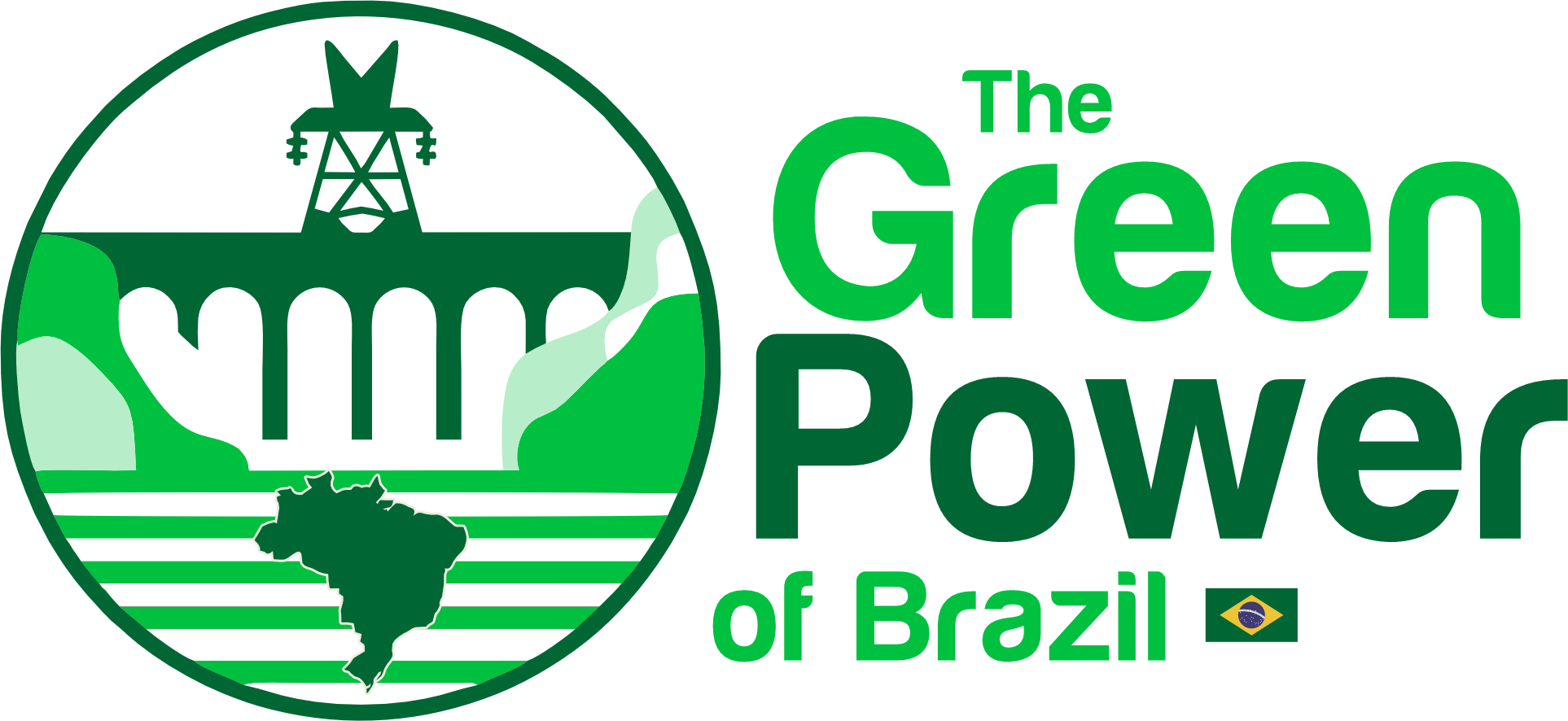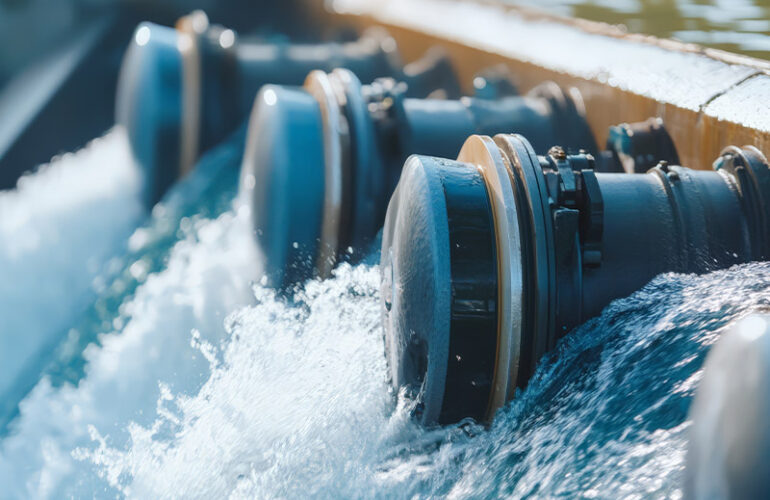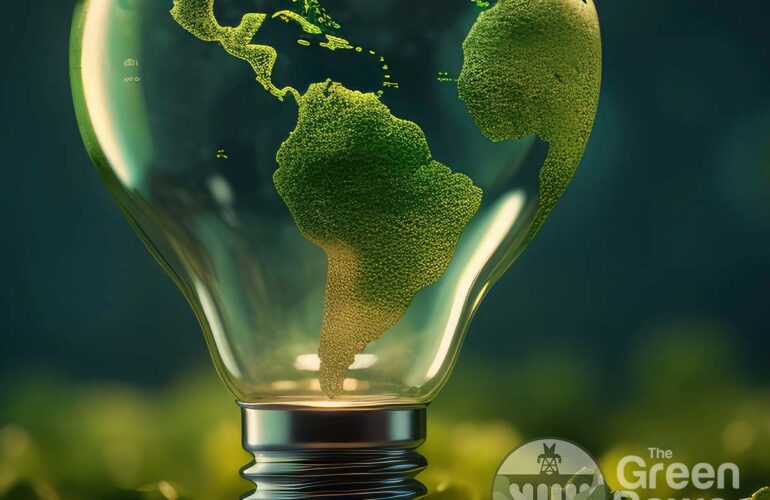Brazil has made remarkable strides in increasing its renewable energy capacity. According to the National Electric System Operator (ONS), as of 2022, approximately 83% of Brazil’s electricity is generated from renewable sources, with hydropower accounting for about 63% of that total. This overwhelming reliance on hydropower illustrates the country’s strong foundation in renewable energy. However, the focus on large-scale hydroelectric plants often overshadows the potential of small hydroelectric plants, which can provide sustainable energy solutions with a lower environmental impact.
Small hydroelectric power plants, typically defined as facilities with a capacity of up to 30 megawatts, can be built in a variety of locations, making them an attractive option for local energy production. They are generally less disruptive to ecosystems compared to their larger counterparts, as they require smaller reservoirs and can utilize existing waterways. This aligns well with Brazil’s commitment to preserving its rich biodiversity while still meeting its energy needs.
The Brazilian government has been actively promoting renewable energy investments through various incentives and policies. The Ministry of Mines and Energy has set ambitious targets for increasing the share of renewables in the energy matrix, aiming for 45% of total energy generation to come from renewable sources by 2030. This creates a favorable regulatory environment for investors looking to enter the market. Furthermore, the government has simplified the licensing process for small hydro projects, which can significantly reduce the time and costs associated with project development.
Financially, investing in small hydroelectric power in Brazil is promising. The cost of renewable energy technologies has been decreasing steadily, making it more competitive with fossil fuels. The International Renewable Energy Agency (IRENA) reported that the cost of hydropower has fallen by about 15% globally over the past decade. In Brazil, the levelized cost of electricity (LCOE) for small hydro projects can be as low as $40 to $60 per megawatt-hour, making it an economically attractive option for investors.
The demand for clean energy is also on the rise. Brazil’s commitment to the Paris Agreement and its goal to reduce greenhouse gas emissions by 37% by 2025 further drive the need for renewable energy investments. Additionally, as corporate social responsibility (CSR) becomes increasingly important for businesses, many companies are seeking to source their energy from renewable sources, creating a growing market for small hydroelectric power.
In terms of community benefits, small hydro projects can contribute to local economies by creating jobs during construction and operation phases. They can also provide a reliable source of energy for remote areas, enhancing energy access and improving quality of life. This localized approach to energy production fosters community support and can lead to long-term sustainability for projects.
With a supportive regulatory framework, decreasing costs, and increasing demand for renewable energy, Brazil stands as an attractive destination for investors in the renewable energy sector. Embracing small hydro projects can significantly contribute to the nation’s energy security while preserving its unique environmental heritage.
Sources:
National Electric System Operator (ONS)




